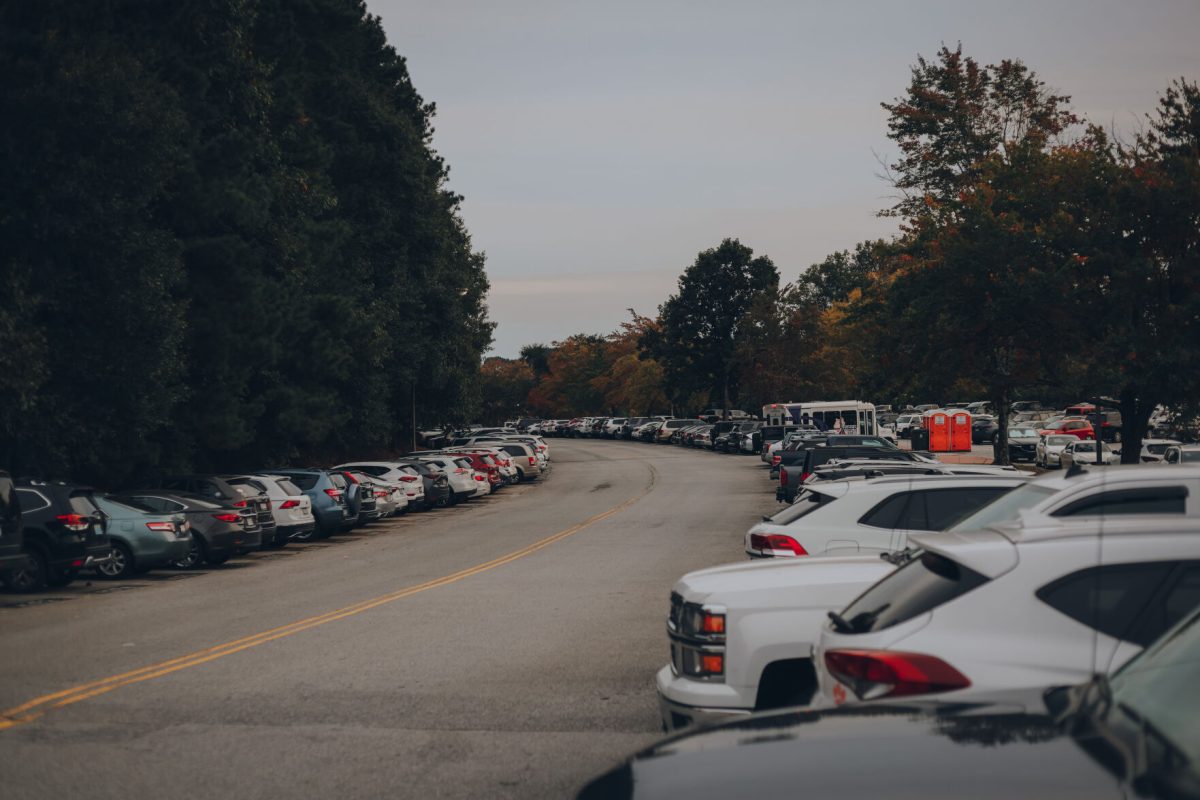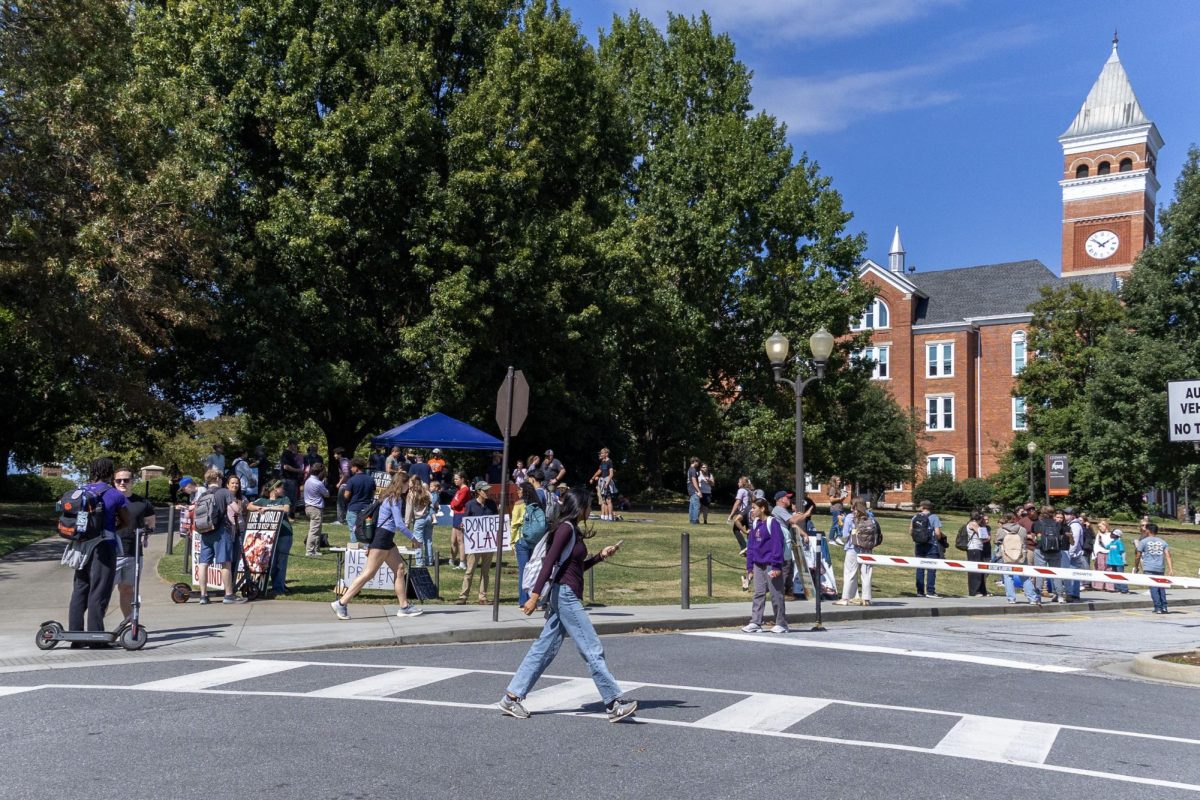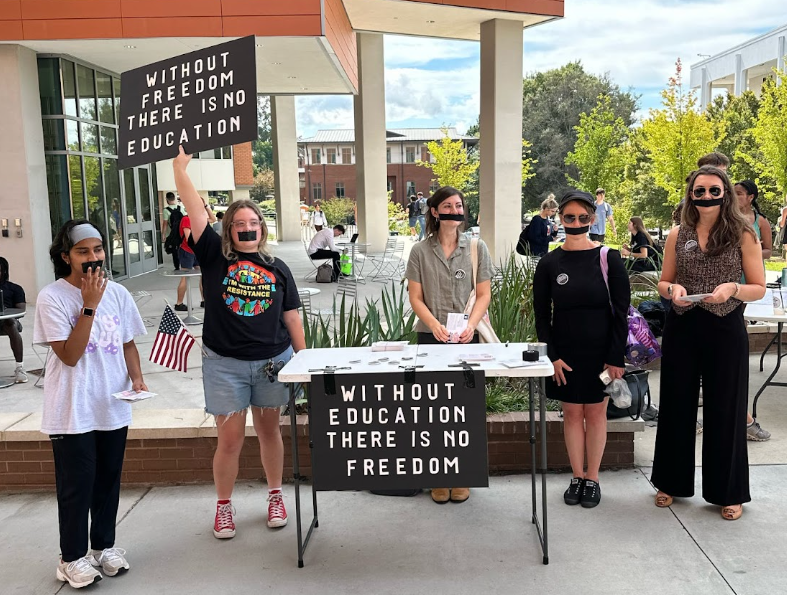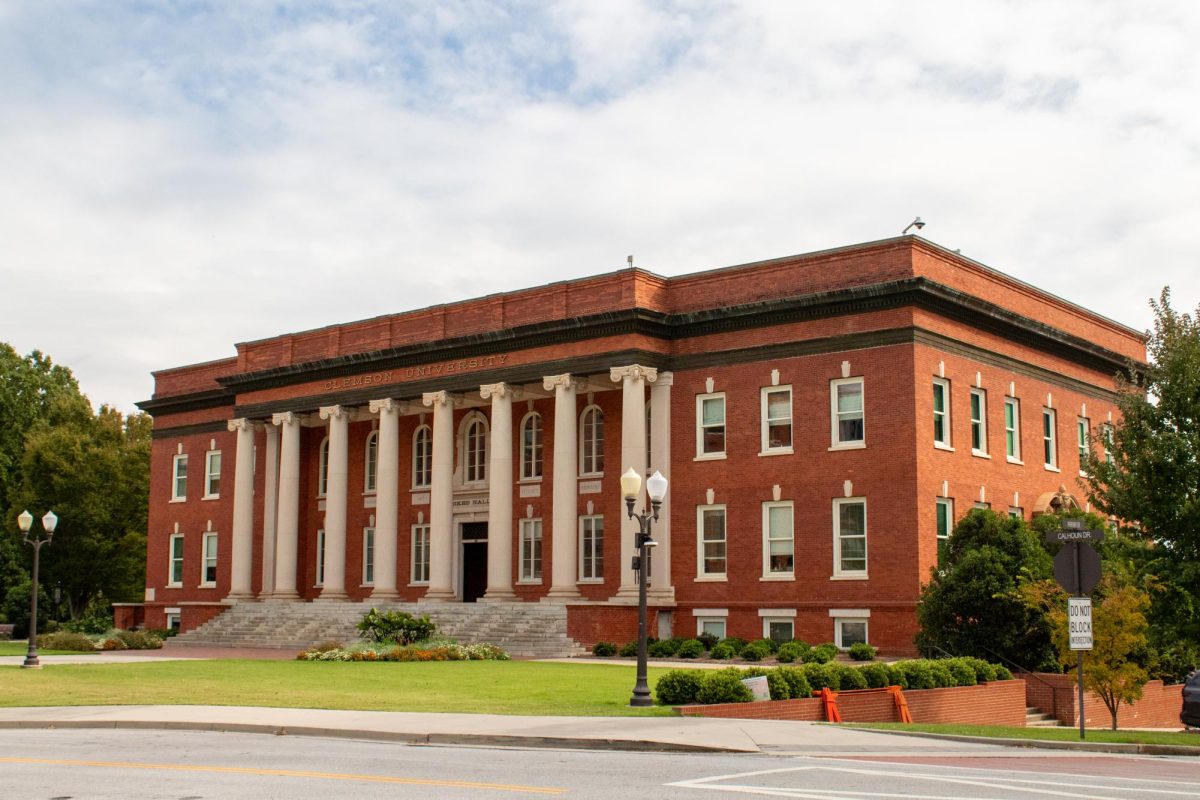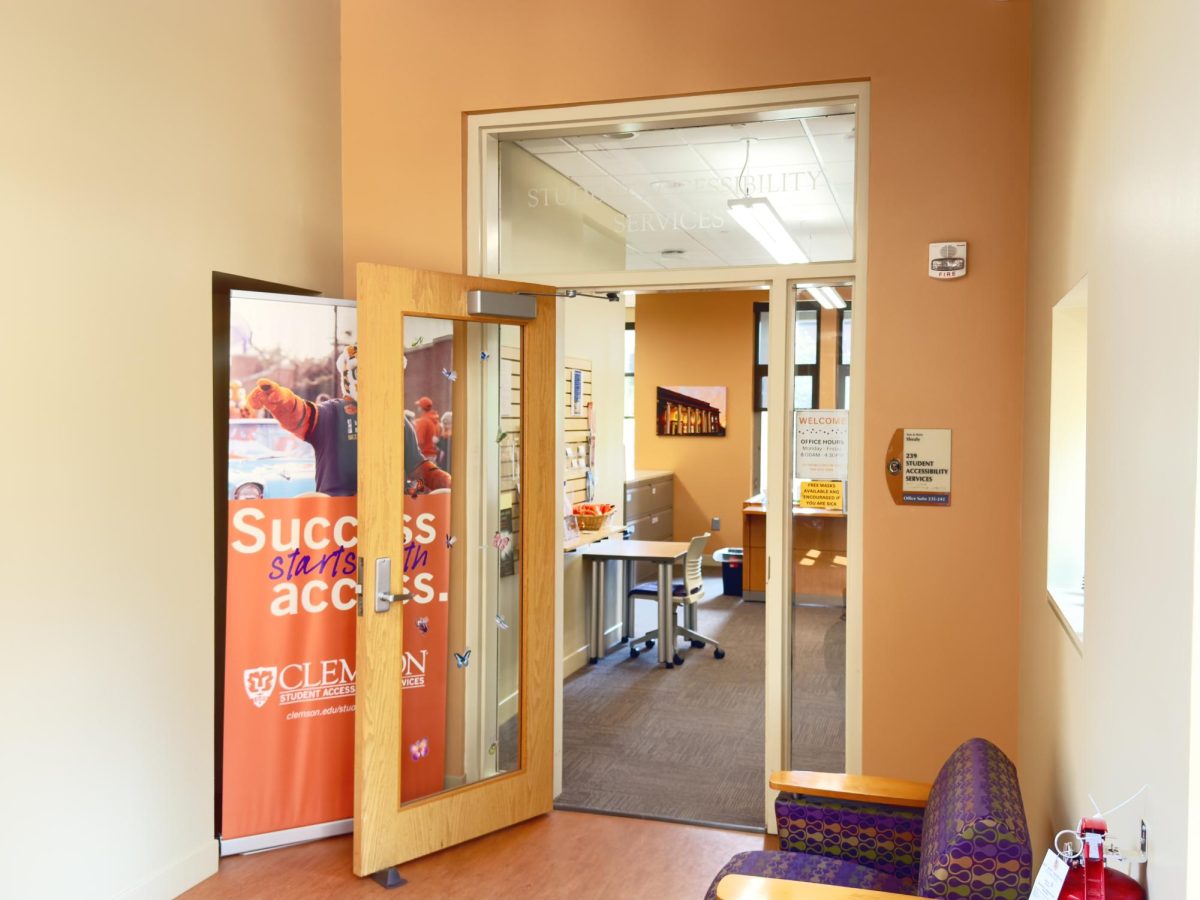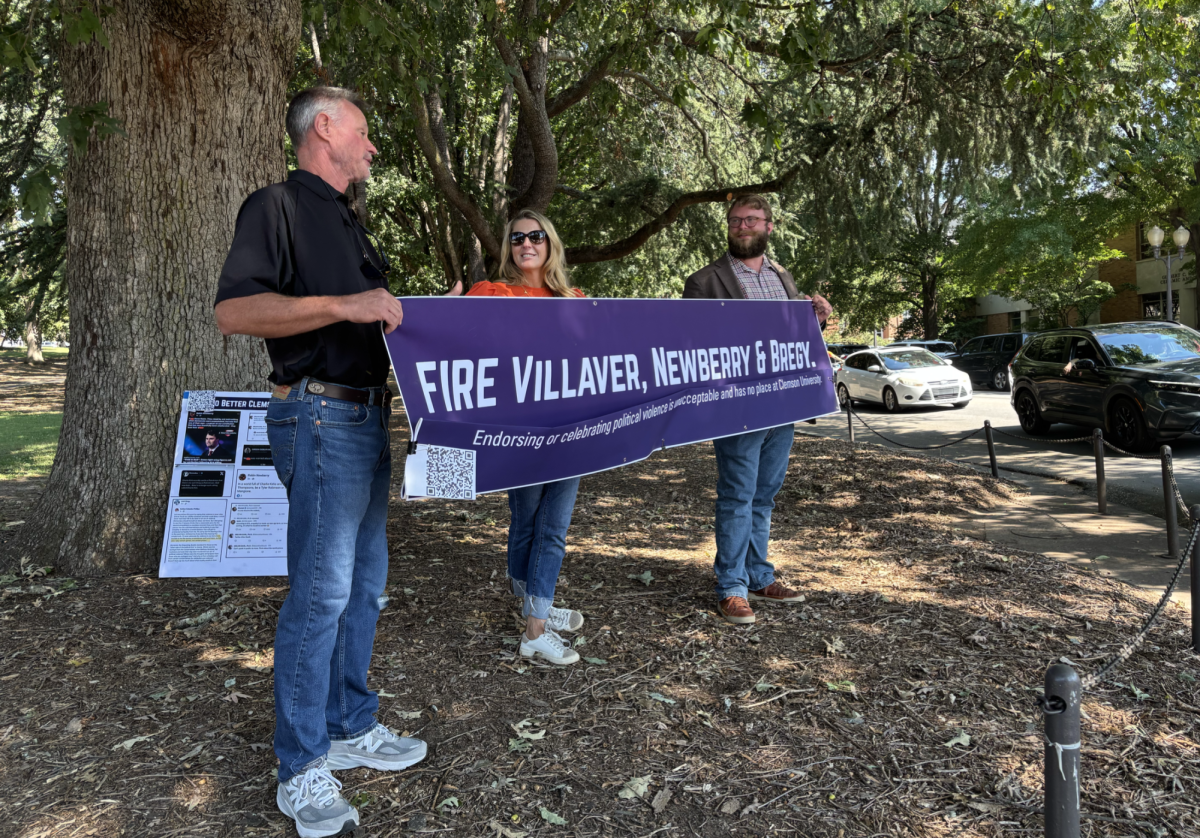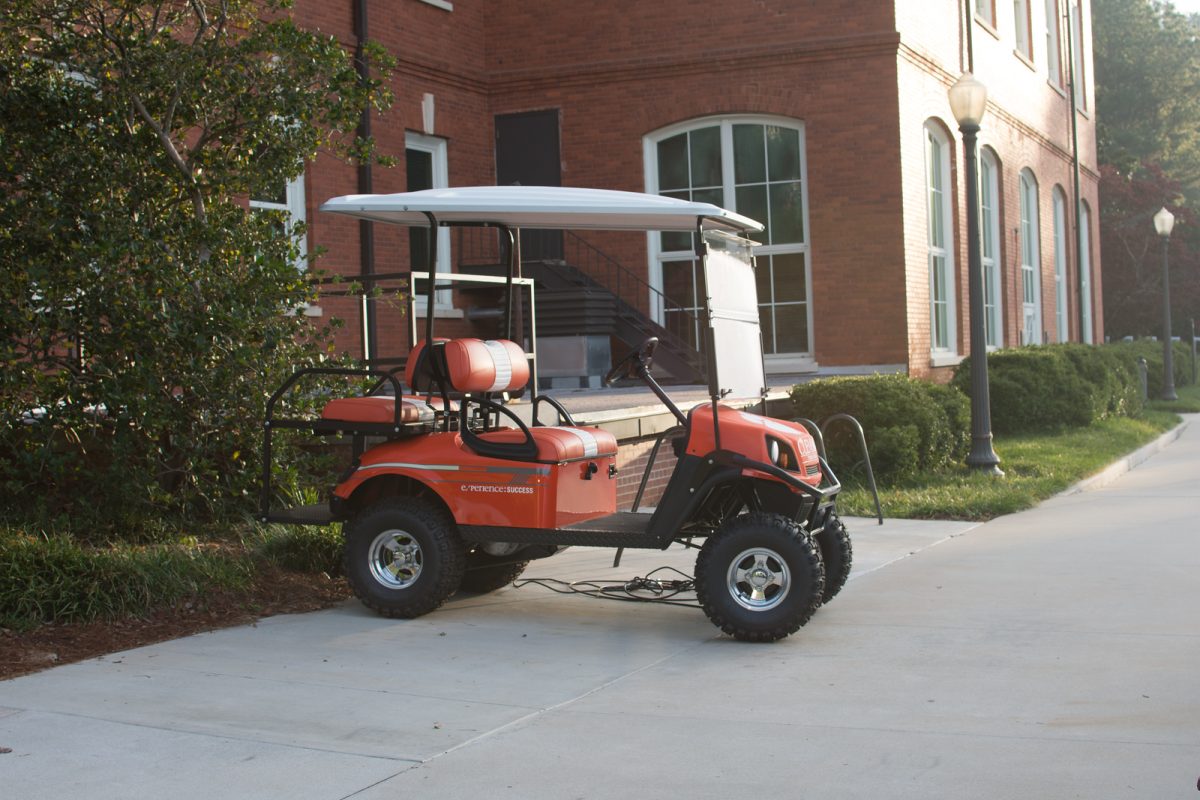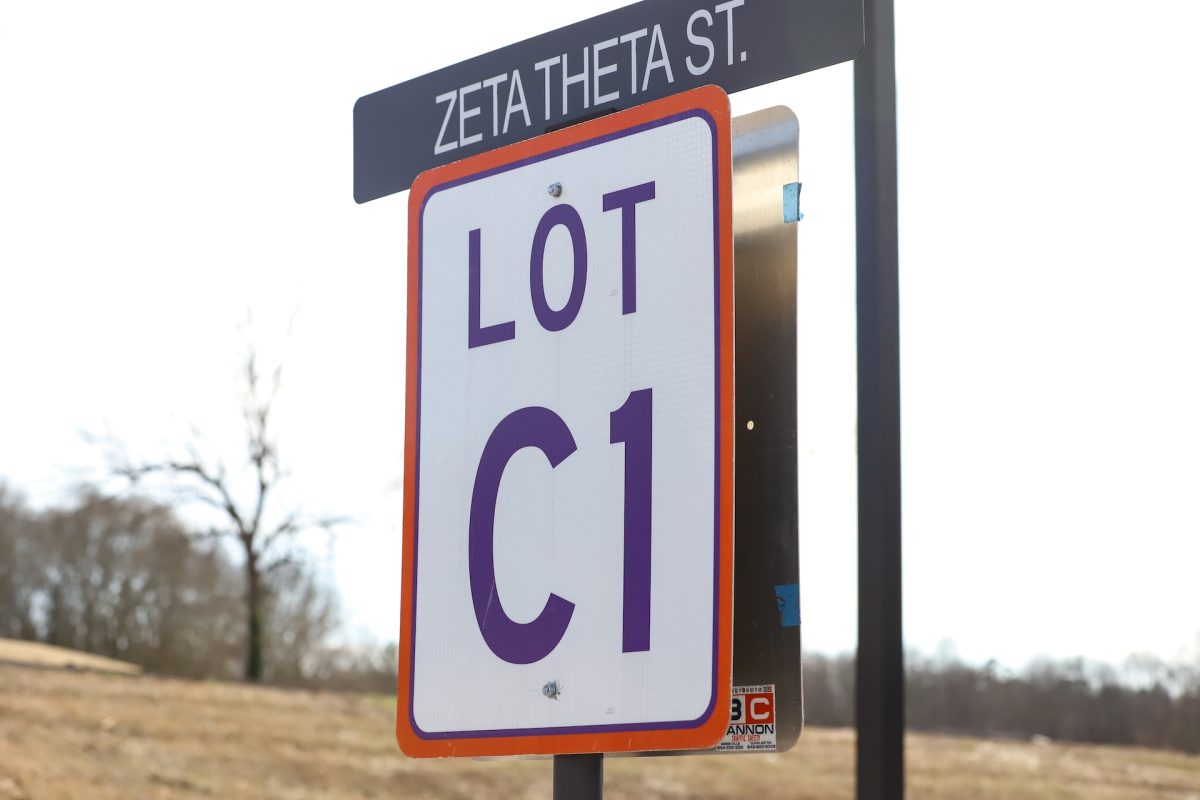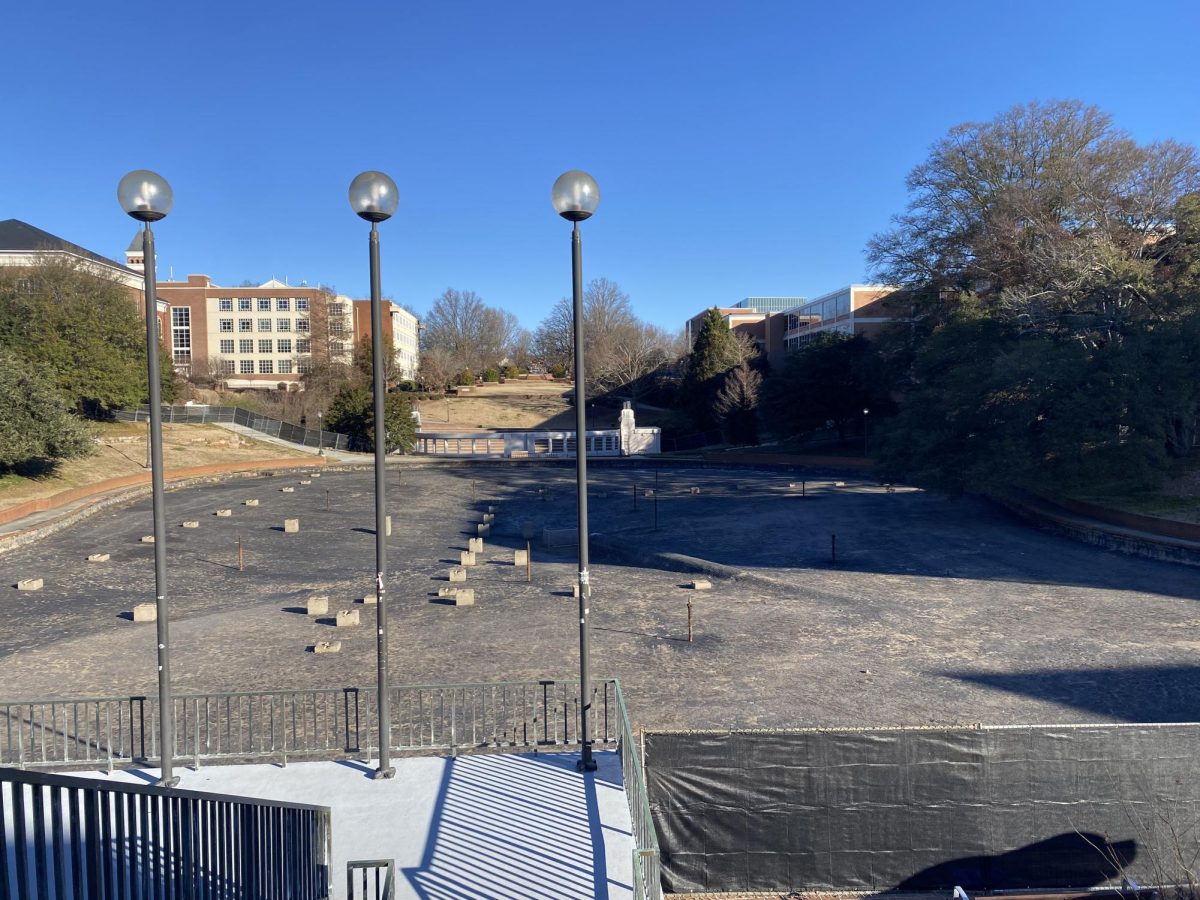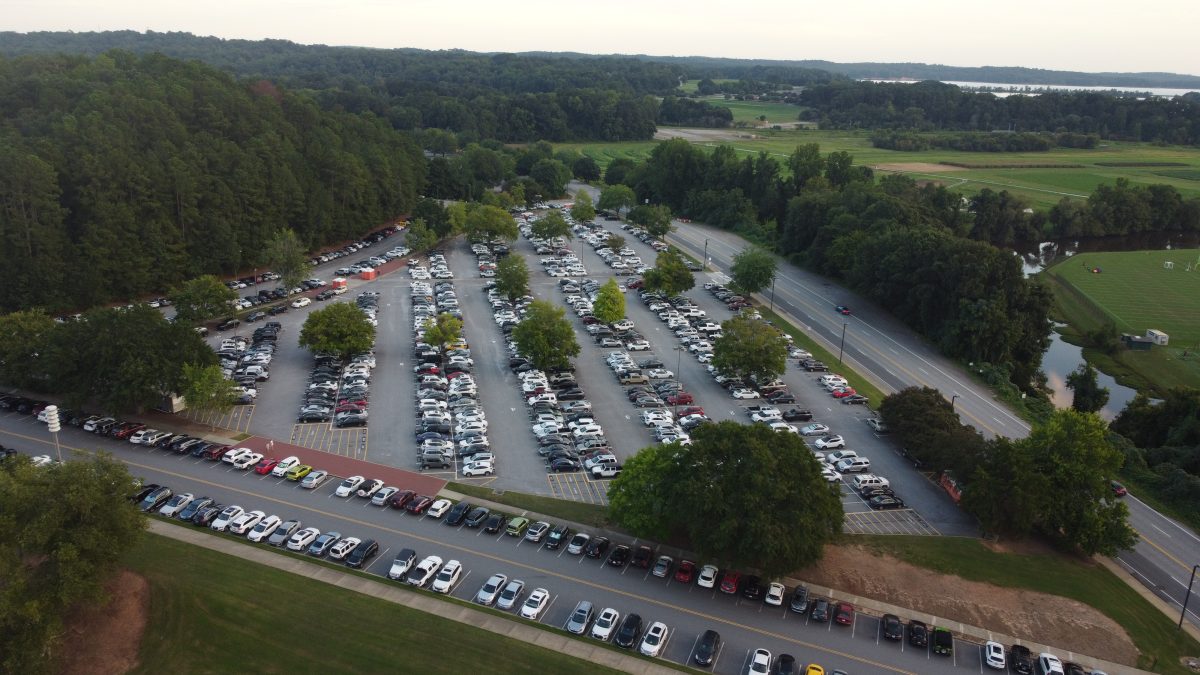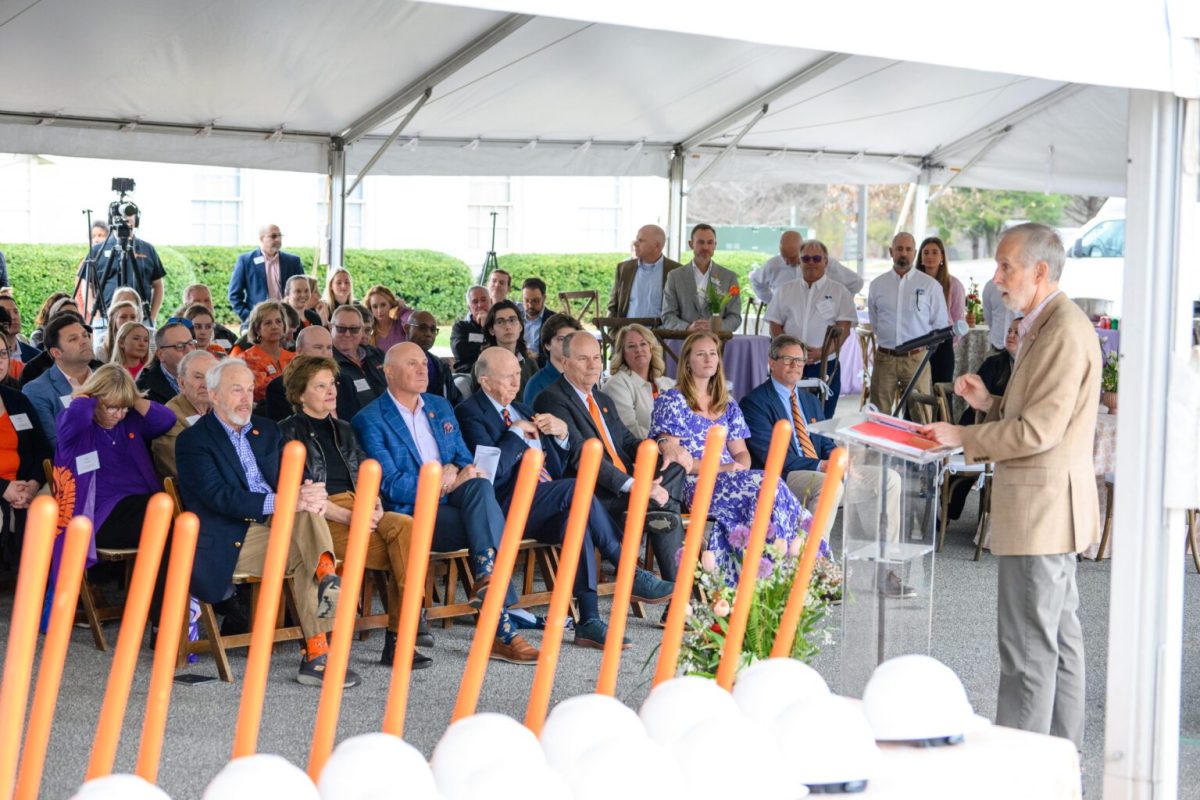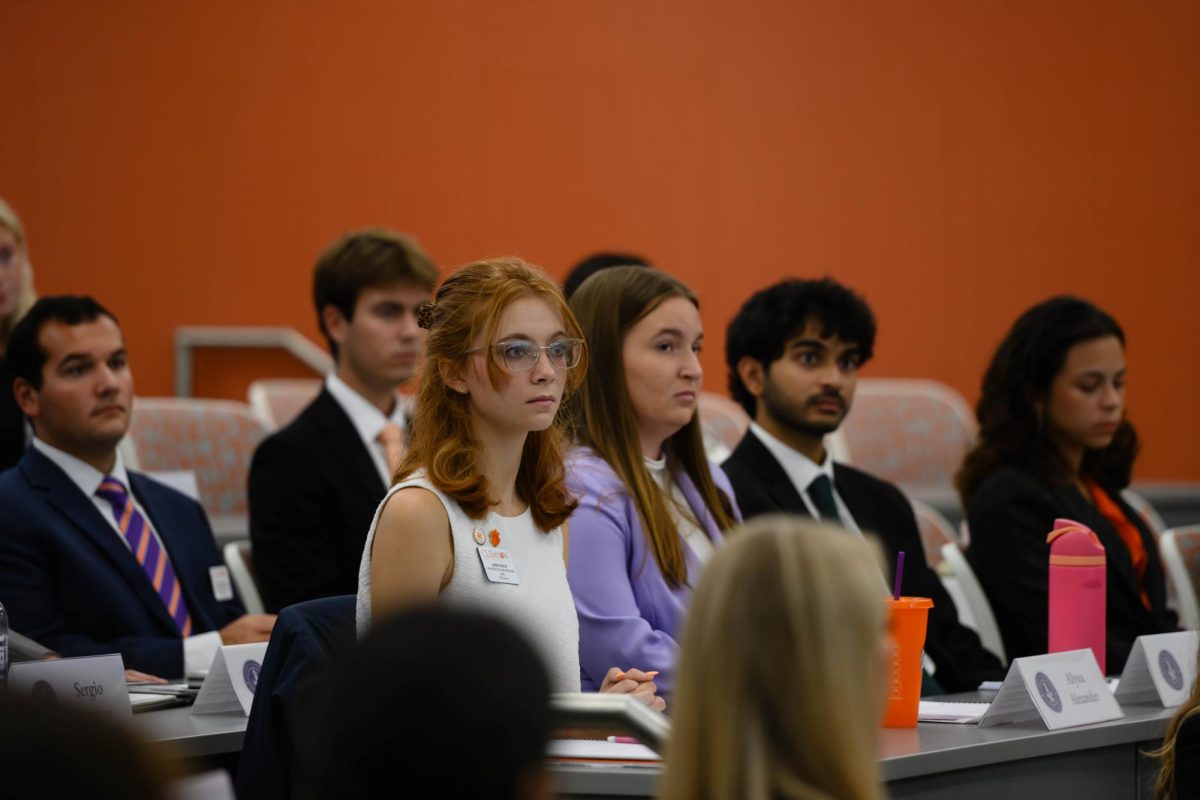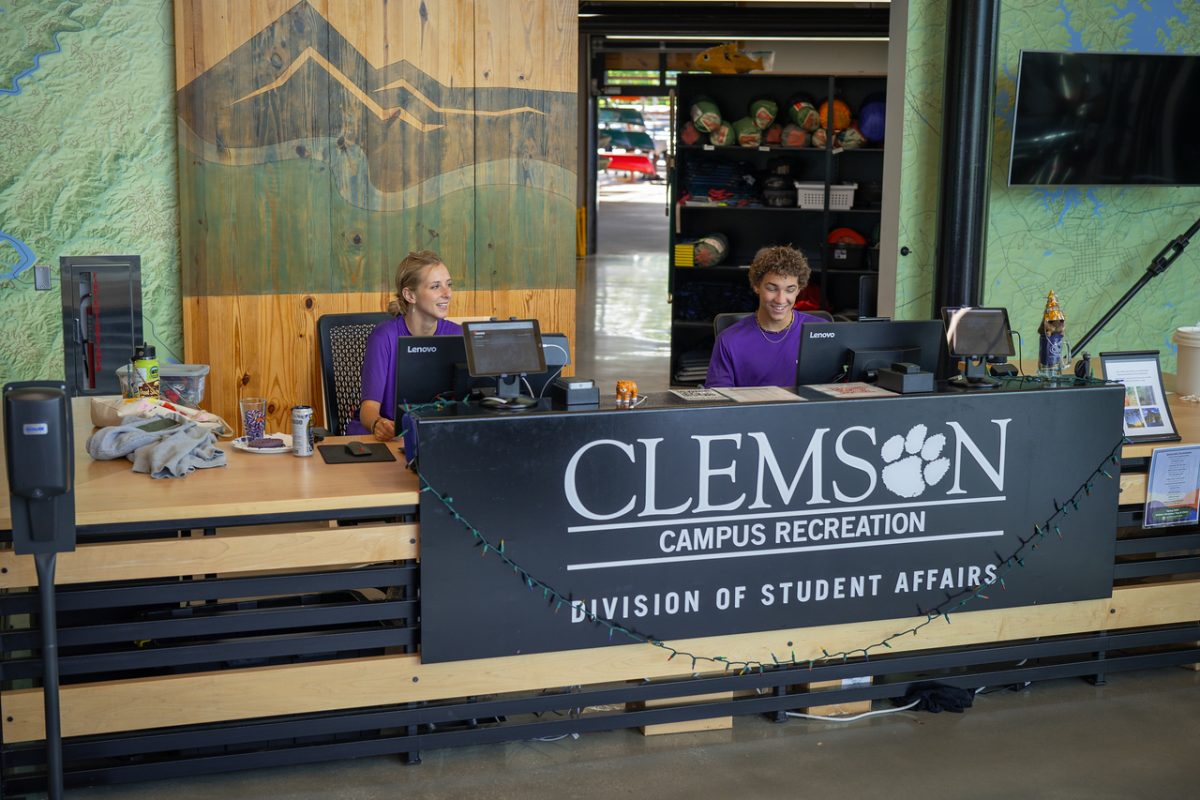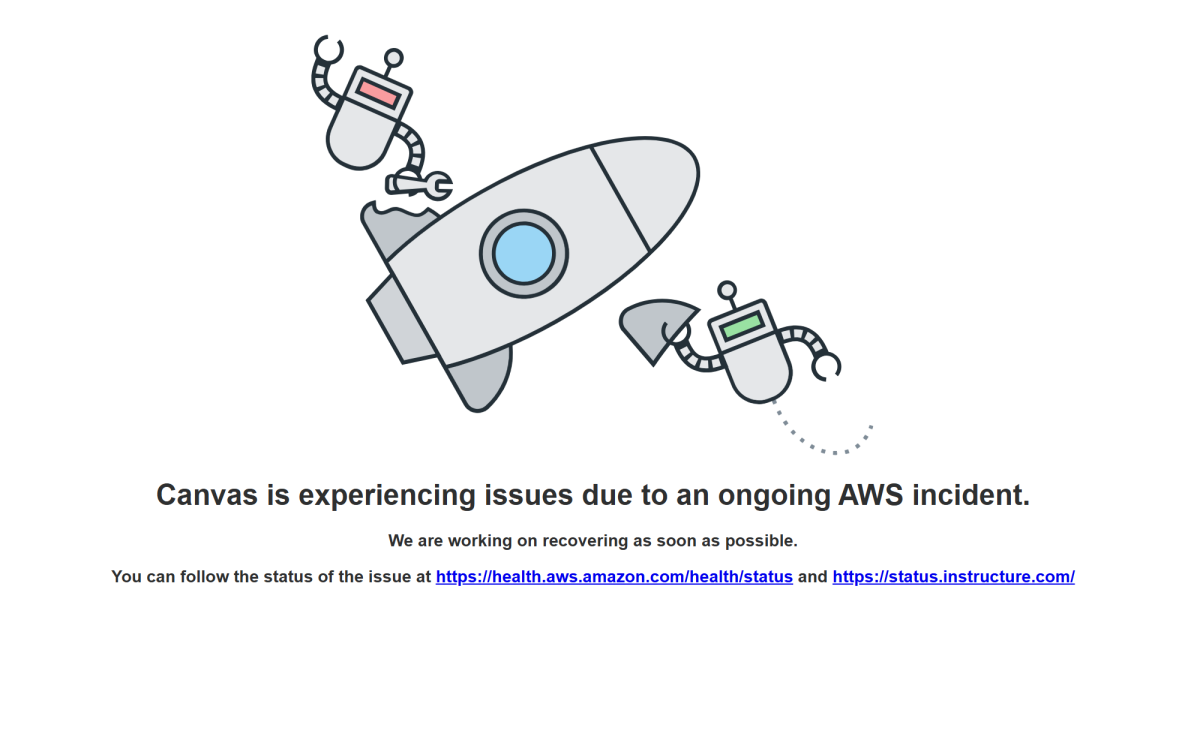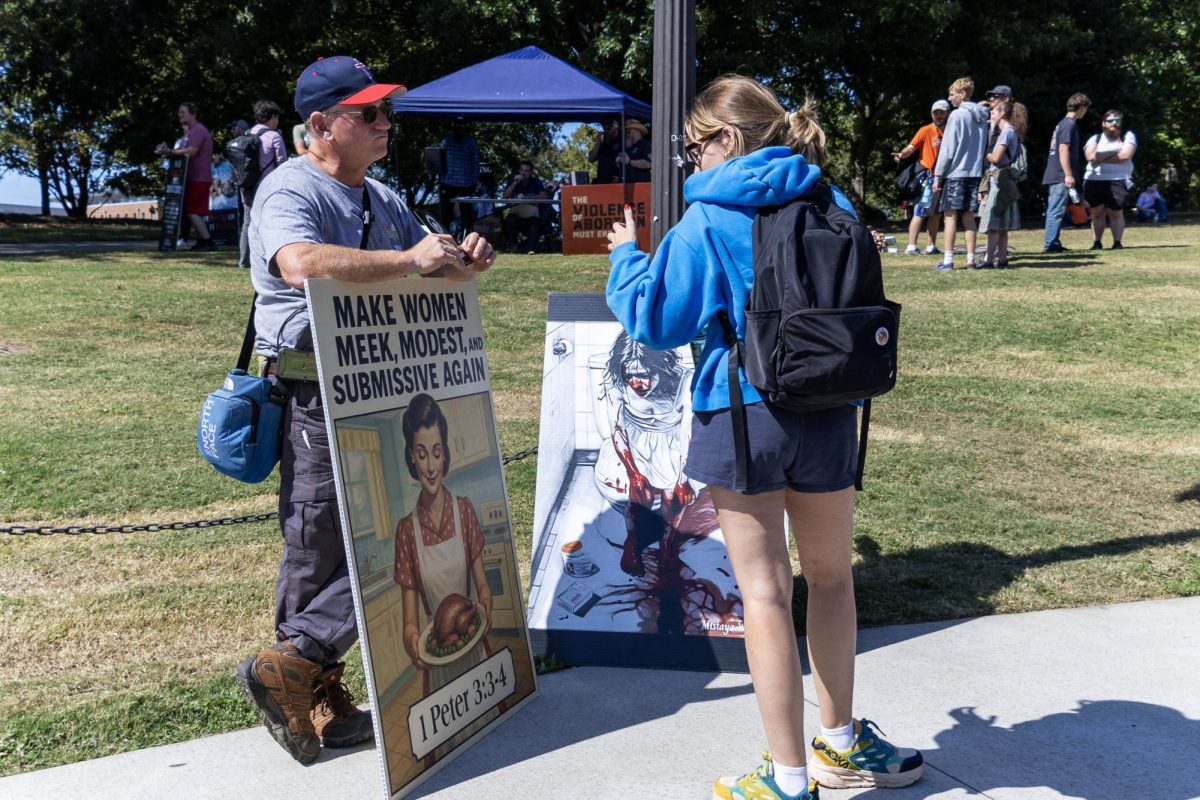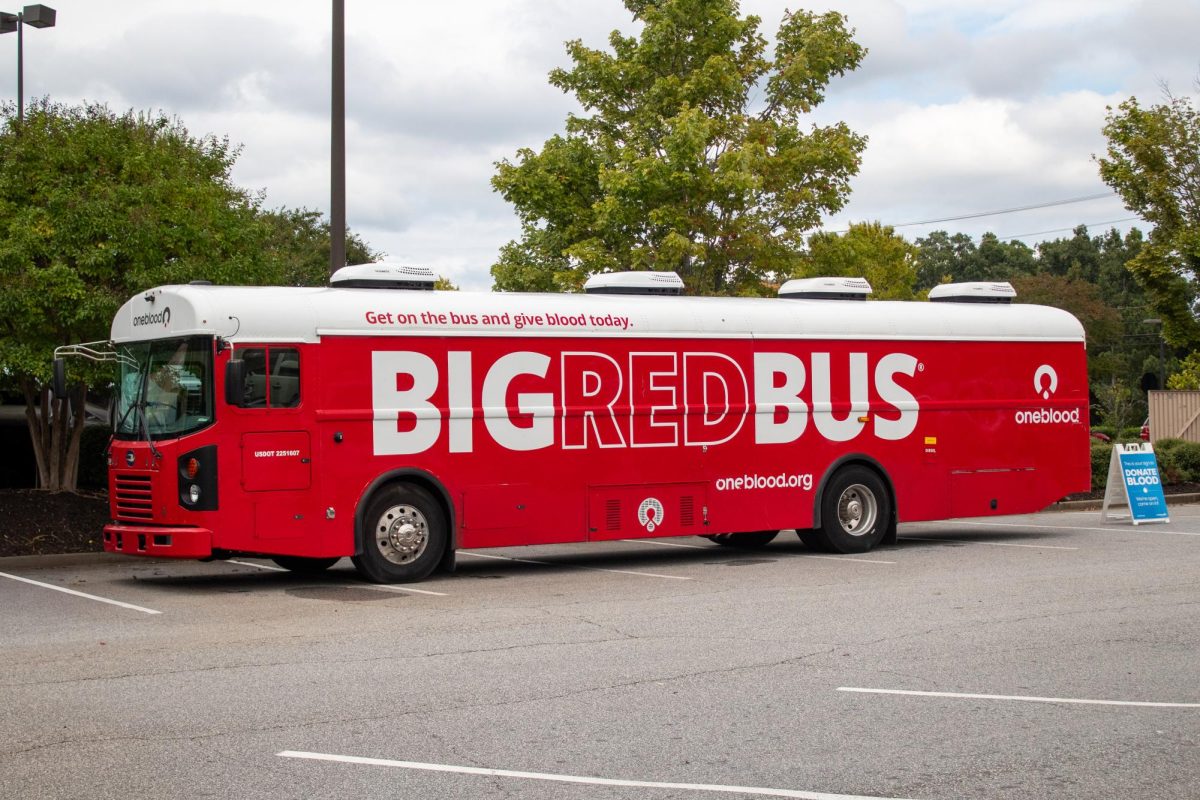For the 2026-2027 academic school year, Clemson University will limit parking opportunities on campus for Bridge and first-year students.
Currently, the Tigers Commute parking app provides real-time updates on availability for more than 10,000 spaces on campus. However, students who commute to campus are often frustrated by the limited availability of parking spots, even with this new parking app.
“Every morning, I have to factor in an extra hour just to find parking because the lots fill up by the time my first class starts. We have to pay over $200 for a parking pass just for there to be parking,” Madeline Brown, a senior women’s leadership and political science major, told The Tiger in an interview.
As of this school year, about 50% of first year students bring cars to campus. In recent studies, the University’s administration has come to the conclusion that many remain unused.
Therefore, Clemson plans to implement a waiver process to manage the number of students who park on campus.
“This will allow us to manage our parking and be able to make good stewardship decisions,” Doug Hallenbeck, vice president for student affairs, said at a quarterly Clemson board of trustees meeting on Oct. 16.
The goal is that the additional parking spaces available will take some pressure off commuters.
Kathy Bush Hobgood, associate vice president for auxiliary enterprises, and Dan Hofmann, director of parking and transportation services, have been instrumental in developing this policy, which was capitalized on during the meeting.
The new policy will align with other ACC school benchmarks for on-campus student parking. Many peer institutions already limit first-year vehicle holdings.
The University aims to continue promoting, maintaining and improving the No. 1 student experience, for both freshmen and upperclassmen on campus, with these new parking implementations. Updating the parking policy is one step toward achieving strategic planning goals, according to Hallenbeck.
Hallenbeck mentioned that limiting the number of first-year students who have vehicles on campus will encourage more students to stay on campus over the weekends.
Although some concerns about application decline were raised, Hallenbeck noted that the percentage of first-year students who bring cars has declined by about 25% during his tenure at the University.
Additionally, this policy is meant to help students and families save money in that they’ll be less obligated to buy a vehicle to bring to campus or a parking pass.
“I’ve talked to a couple parents, not a lot, but a couple about this, and they were pretty excited that they wouldn’t have to purchase a car for their students,” Hallenbeck noted.
The University also plans on offering additional bus routes, holiday and airport shuttles to compensate for the loss of access to vehicles.
The board of trustees will look to provide more updates following its next meeting in February 2026.



